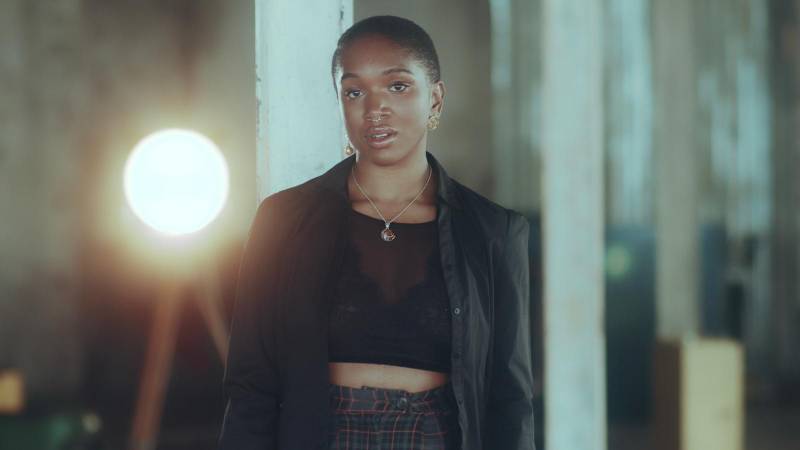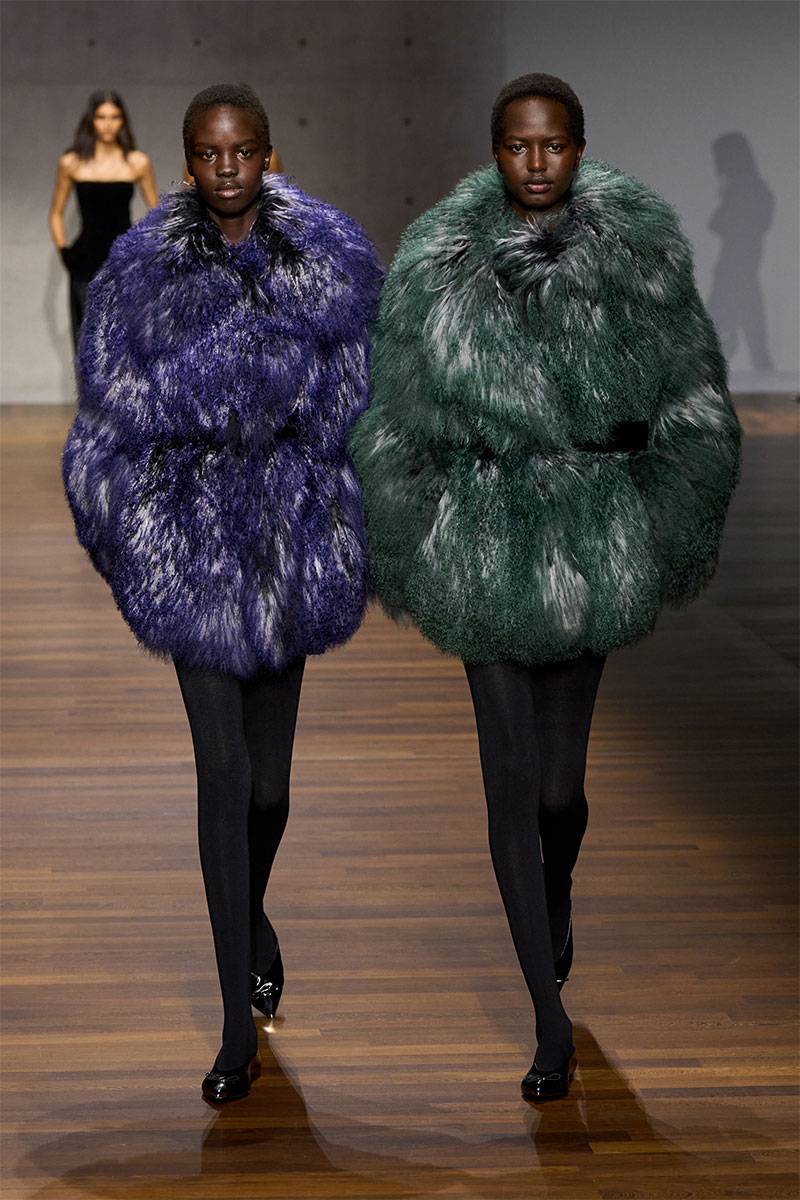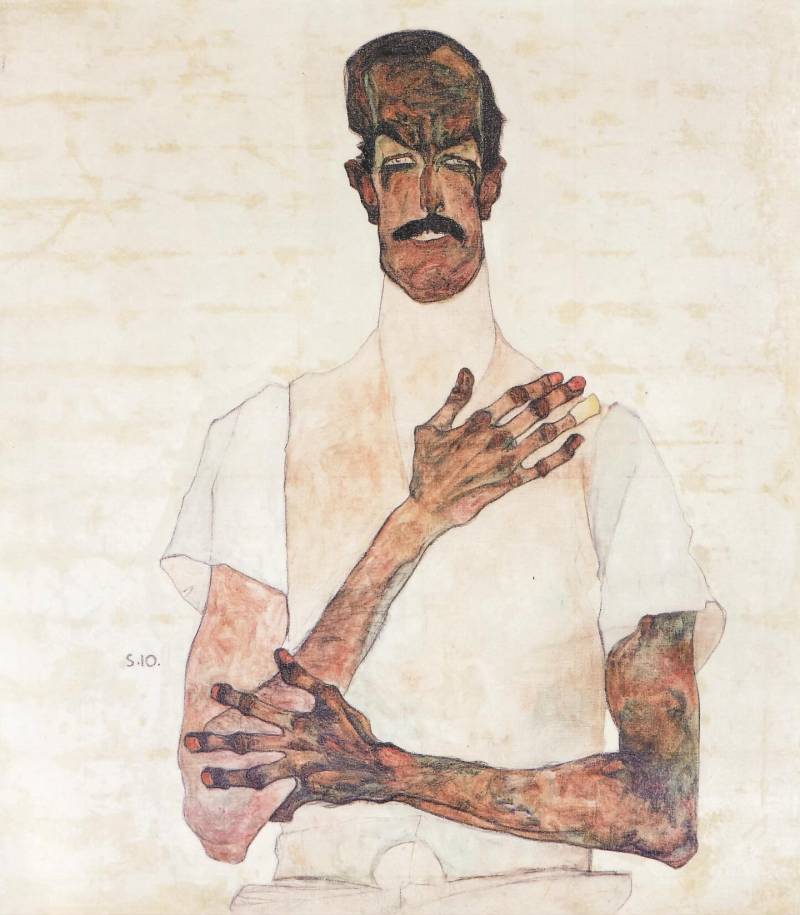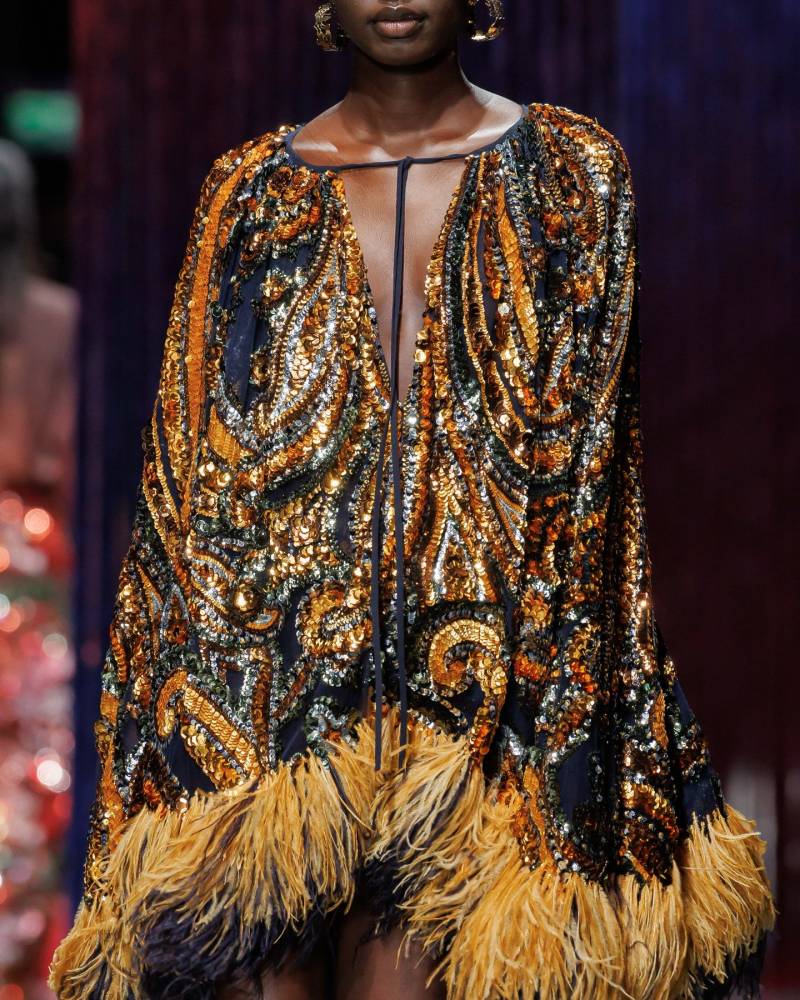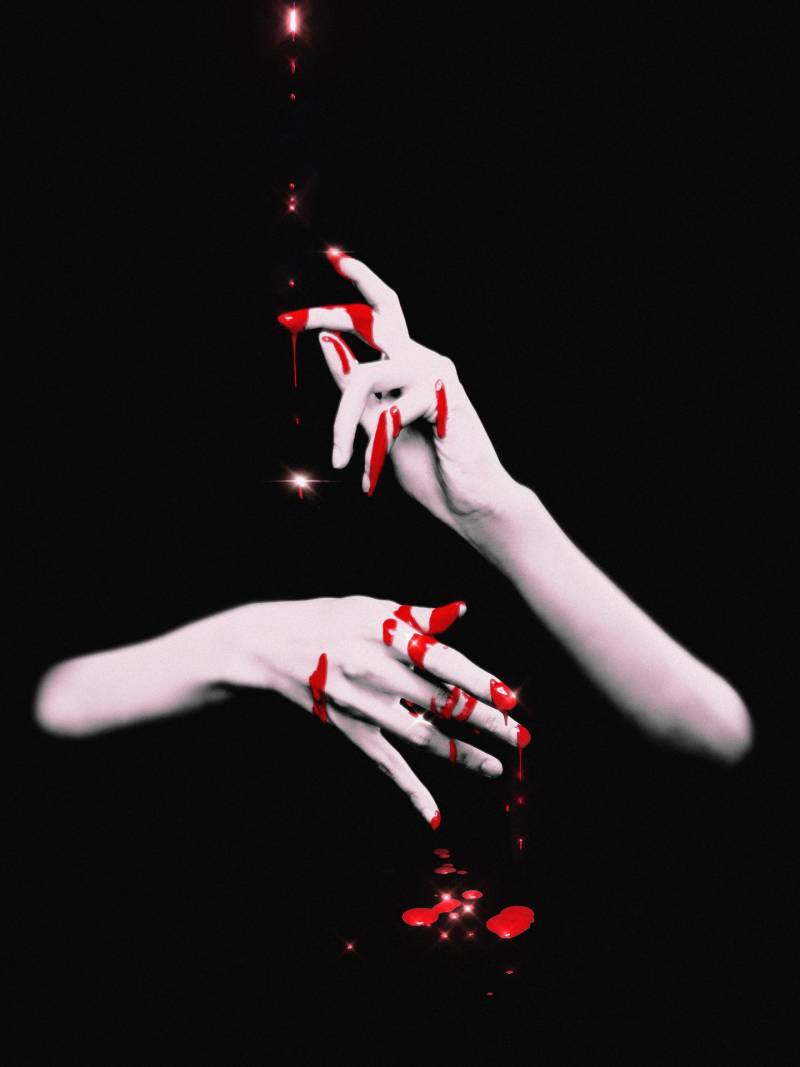Mawa Theatre Company is a Shakespeare company with a difference – the UK’s first to be comprised of Black and Black mixed race women. Founded by actors Maisey Bawden, Gabrielle Brooks, Danielle Kassaraté and Jade Samuels, it aims to examine how women of the African diaspora are represented in classical texts, and reframe them for audiences that find them alienating by drawing out themes that continue to resonate.
In doing so, their larger goal is to change the industry from within, creating more space for marginalised voices in a field that is all too often dominated by privileged white men. This begins with their first project following the company’s creation in June of this year: a video series entitled “What’s Past is Prologue”. Available to stream for free on Mawa’s YouTube channel from this week, with new content dropping daily, it consists of short Shakespearean monologues and scenes performed to camera by a host of talented Black actors.
There’s Lois Chimimba delivering one of Macbeth’s eeriest soliloquies, Aretha Ayeh embodying an outspoken Rosalind from As You Like It, Cherrelle Skeete reciting Emilia’s eye-opening monologue about womanhood from Othello and Alexandra James performing emotively in British Sign Language as Hermione in The Winter’s Tale. A separate video will also feature Black key workers reading out a sonnet, highlighting Mawa’s interest in community collaborations.
“It’s our way of honouring the older members of our society,” Bawden, who serves as the company’s artistic director, tells me of the latter. Mawa, she adds, is about both paying tribute to the past and inspiring the next generation. “‘Mawa’ means ‘tomorrow’ in Chichewa, which is a Malawian dialect,” she says. “We’d like to think that we’re the theatre makers of tomorrow.”
As their videos continue to be released, she talks us through her experiences of tokenism in theatre, tackling difficult subjects head on, and her vision for the company’s future.
“We all have experience of working in classical theatre and Shakespeare, and we saw a need for vital change in the theatre industry. As a group, we’ve always had conversations about constantly having to bang down the door, especially within classical theatre and its predominantly white spaces led by white men. It needs to be about representation across the board, not just about putting one Black female body into a show and saying that’s our box ticked. That’s what we’re seeing all too often and we all, as actors, have been that person. After the resurgence of the Black Lives Matter movement last year and that monumental shift in social consciousness, we were like, ‘Now’s the time.’”
Why did you want to focus on Shakespeare instead of creating something new?
“It’ll always be relevant, it’s on the curriculum and is always programmed at theatres. We thought, rather than fighting against that, why don’t we lean into it? There are so many opportunities within his stories to tackle issues that are present within the Black community. Visibility is also important to us. There are so many young Black and mixed race girls that wouldn’t have seen themselves represented in Shakespeare before but have to study it at school. Putting a modern twist on Shakespeare or even just having it be representative of the society we’re living in makes you connect to it in a different way. And Shakespeare was a revolutionary. He moved with the times and I think he would’ve been supportive of Mawa.”
What are some of the themes you wanted to draw out?
“There’s lots to unpack. When we think about gender, in Shakespeare’s time, the cast was all male. As an all-female cast, are we portraying the two leads as male and female, or both as female and seeing how that translates? It’s interesting to explore same sex relationships in the Black community. It can be a taboo subject. Then, when we were looking at Romeo & Juliet, we thought about exploring colourism and the conflict that can come from that. With The Winter’s Tale, there have been studies recently about Black maternal mortality rates, so we can explore the child loss themes in that play. The possibilities are endless.”
Why did you want this series of videos to be your first project?
“During the pandemic, there was so much digital theatre and it was great, especially because theatre isn’t always accessible to everyone. We wanted to make these resources freely available. With Shakespeare’s most famous monologues, you can type them into YouTube and see them done the same way a thousand times by people that look the same and sound the same. So, it was important to us to do some of those well-known monologues and scenes in ways that they’ve never been done before. And the name of the project, “What’s Past is Prologue”, is obviously a reference to the name “Mawa”, too. It’s about a new start.”
How do you hope audiences will react and what does the future hold for Mawa?
“We anticipated that some people might find it difficult to see why a company like this is needed, but ultimately we want to reach those audiences that don’t engage with Shakespeare, find it boring or think it’s not for them. I hope people will be as excited by it as we are. This is on a small scale for us in terms of what we’re hoping to do in the future. We’ve got a lot of community projects coming up. We think going into schools and drama schools will not only benefit how people see Shakespeare but also help to lift up young female actors. We want to say to people, ‘These spaces are for you. You can dominate these spaces.’ Then, towards the spring of next year, we’ll be moving to full production.”
SOURCE : Vogue
